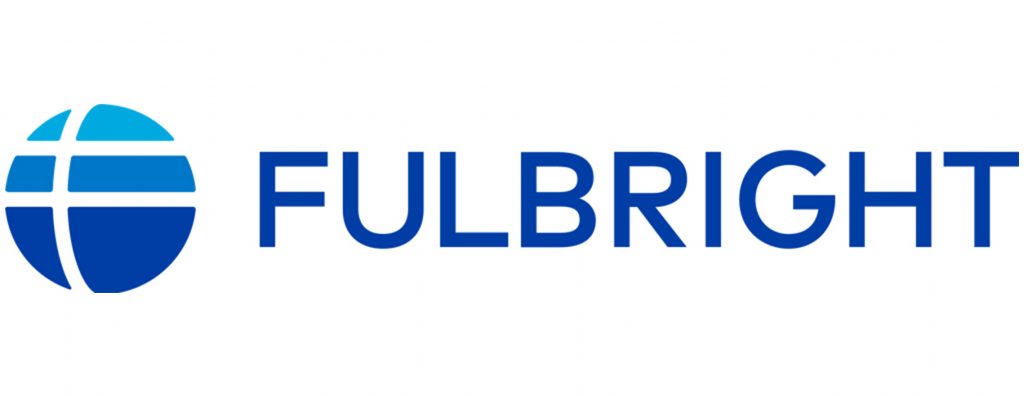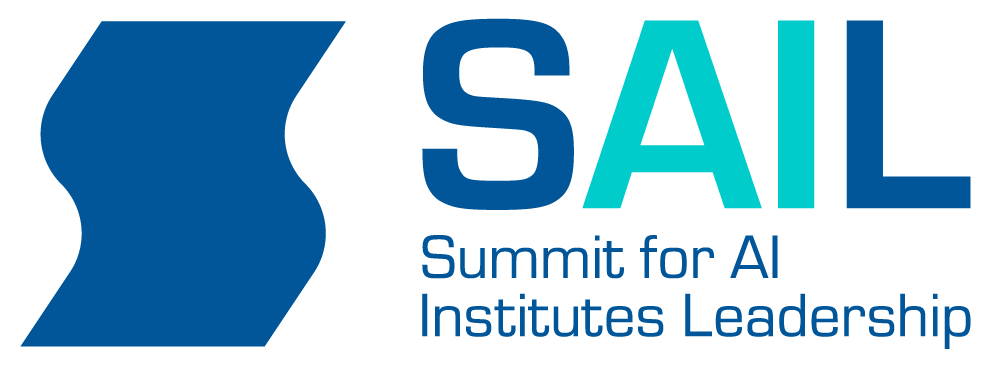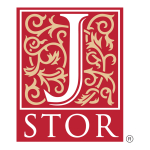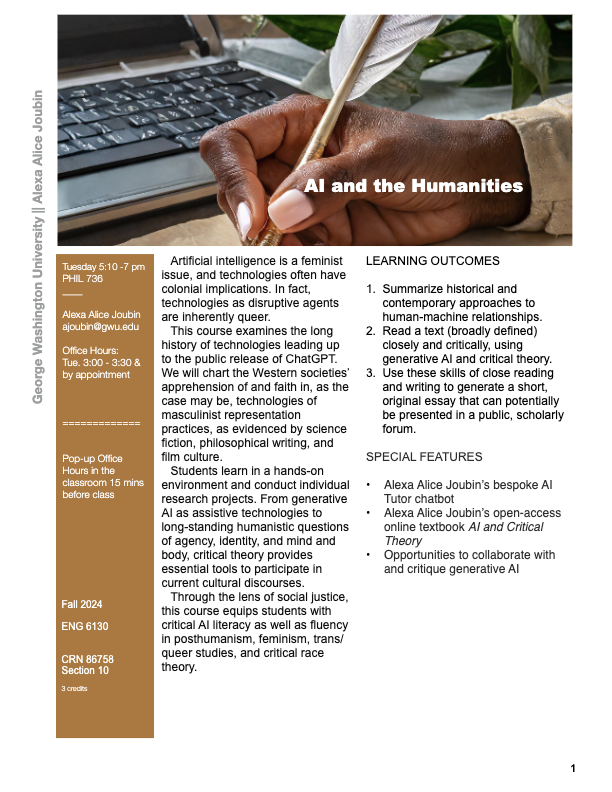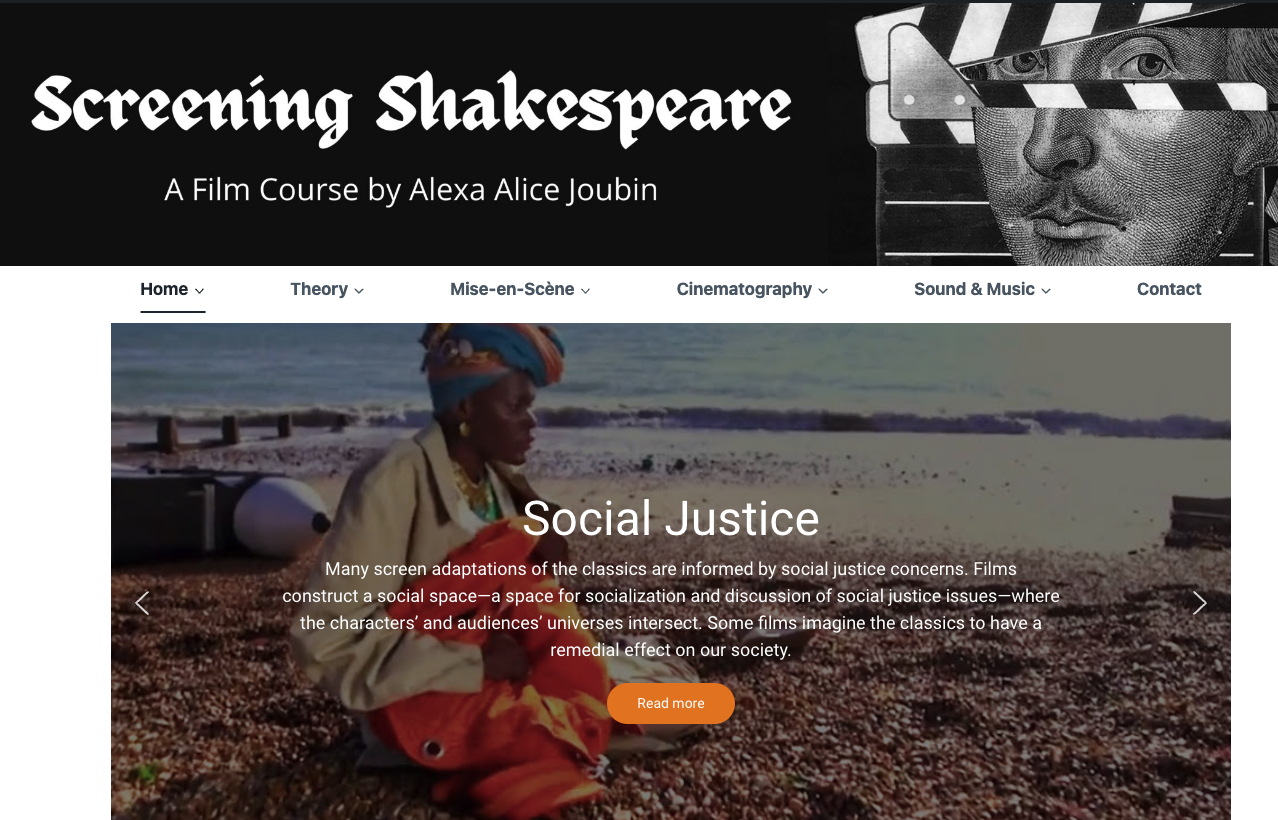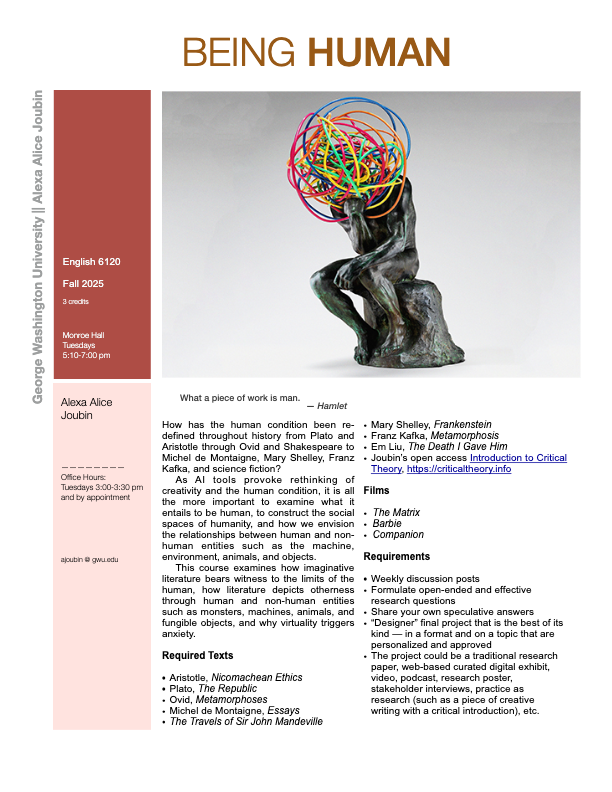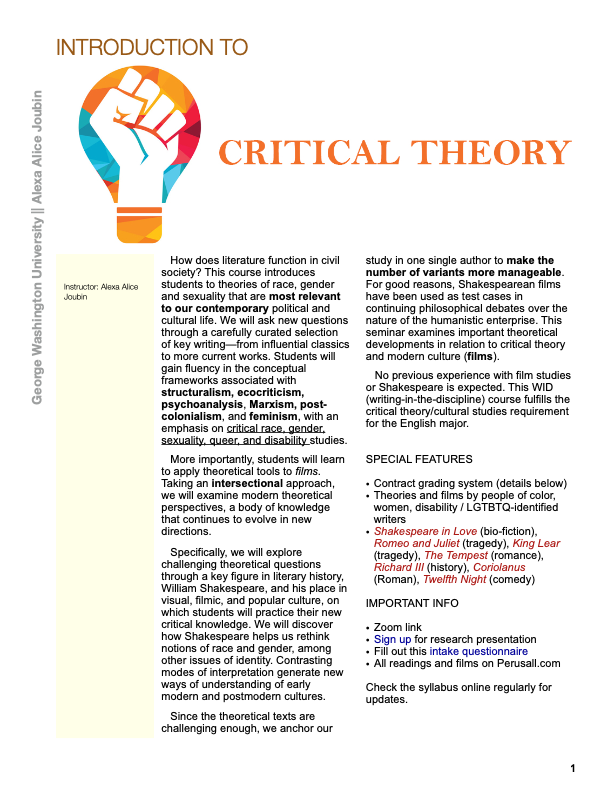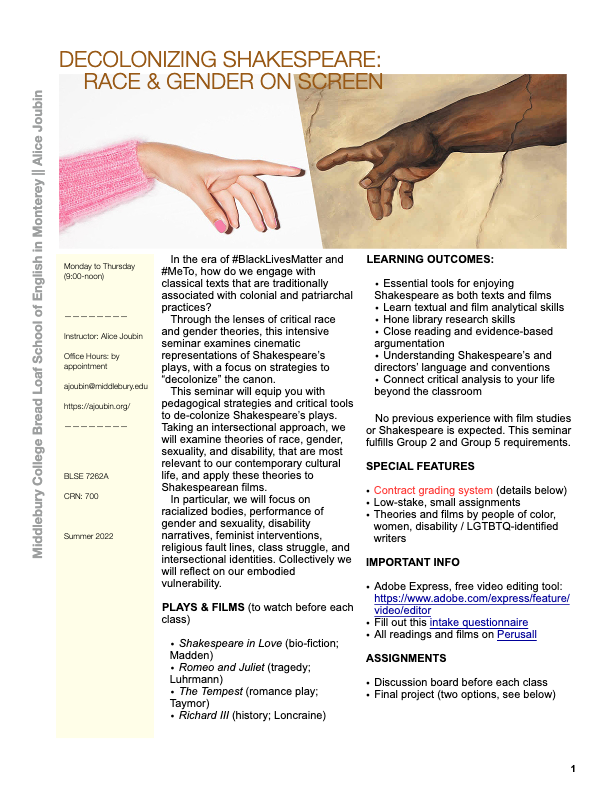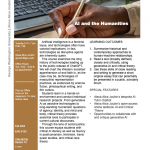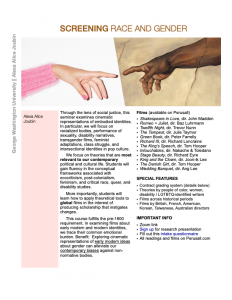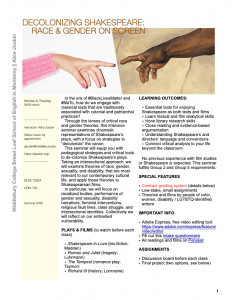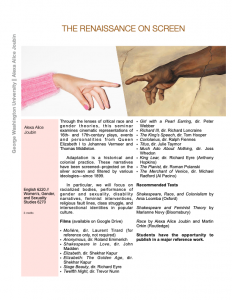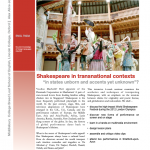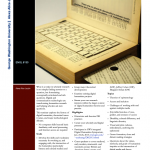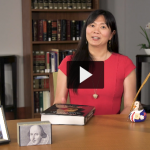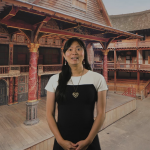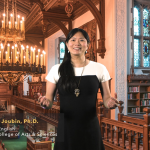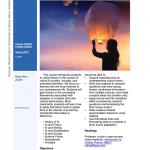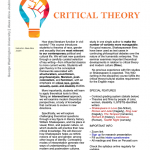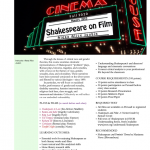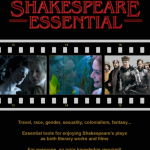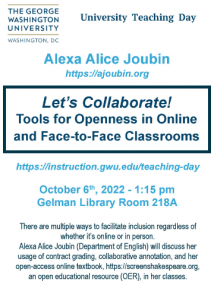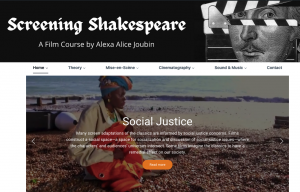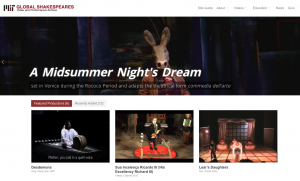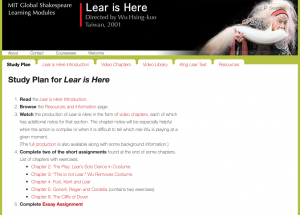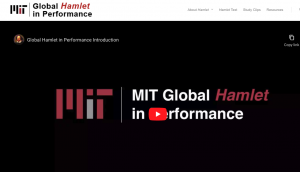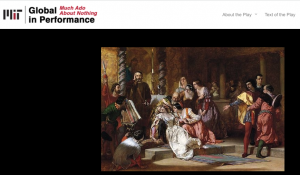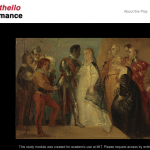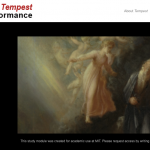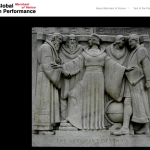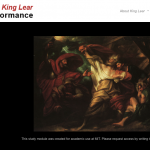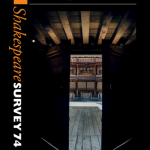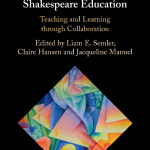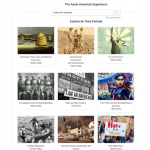AI in an Inquiry-Driven Society
Teaching Shakespeare with AI
Critical Questioning Skills and AI
Pedagogy
It has been Alexa’s calling to tell stories and to show others how to listen for silenced voices. She believes that storytelling makes us human because it helps us understand the human condition in different contexts—a core value of the humanities.
An award-winning teacher, Alexa’s goal is to ensure equal access to knowledge and to further our understanding race and gender in the mobility of early modern and postmodern cultures in their literary, performative, and digital forms of expression. She teaches critical AI literacy, and incorporates generative artificial intelligence (AI) into her classroom.
She has received the 2022 Writing in the Disciplines Distinguished Assignment Design Award as well as grants for course development, such as the Online Course Development grants (in 2021 and 2023 for two new courses), the 2022 and 2024 Adapting Course Materials for Equity Faculty Grants (read more about the project’s impact), and the Washington Research Library Consortium’s Open @ WRLC grant (new story) which enables her to create three openly licensed, open-access online interactive textbooks with AI features (news story). She wrote and designed an interactive, online textbook entitled Screening Shakespeare.
Born in a farming village in Taiwan, and now having family also in France and the United States, Alexa has been an advocate for equity and meaningful diversity. There are two leading principles in her teaching philosophy:
- “Collaborative Creation of Knowledge”: is conducive to inquiry-driven learning in both in-person and remote classrooms as social spaces.
- “Intersectional Pedagogy” gives students a voice in narratives that matter. These narratives connect students to other racialized communities, times, and places.
Her presence as an Asian woman in the English literature classroom, for example, has enabled students of color to feel represented, and inspired them both to examine exclusionary practices in our own times and to reevaluate Shakespeare as a gender-inclusive and anti-racist canon.
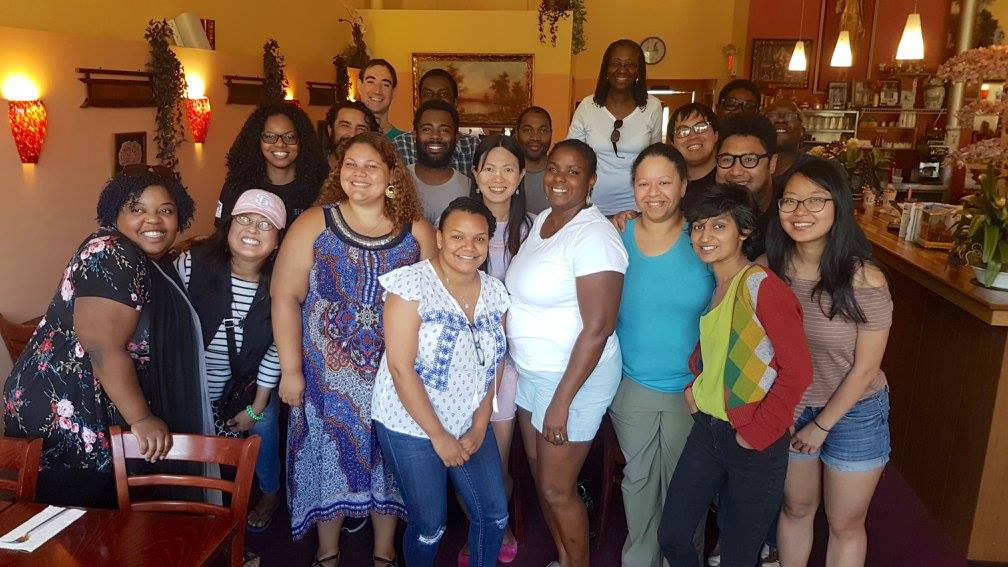
AI and the Humanities
Graduate Seminar
Artificial intelligence is a feminist issue, and technologies often have colonial implications. In fact, technologies as disruptive agents are inherently queer. This course examines the long history of technologies leading up to the public release of ChatGPT. We will chart the Western societies’ apprehension of and faith in, as the case may be, technologies of masculinist representation practices, as evidenced by science fiction, philosophical writing, and film culture.
Students learn in a hands-on environment and conduct individual research projects. From generative AI as assistive technologies to long-standing humanistic questions of agency, identity, and mind and body, critical theory provides essential tools to participate in current cultural discourses.
Screening Shakespeare: An Interactive Textbook
Textbook by Alexa Alice Joubin :::: This open-access textbook contains openly-licensed learning modules that introduce students to key concepts of film studies, such as mise-en-scène, cinematography, and sound and music within the context of film adaptations of Shakespeare’s plays.
Being Human
Graduate Seminar
How has the human condition been redefined throughout history from Plato and Aristotle through Ovid and Shakespeare to Michel de Montaigne, Mary Shelley, Franz Kafka, and science fiction?
As AI tools provoke rethinking of creativity and the human condition, it is all the more important to examine what it entails to be human, to construct the social spaces of humanity, and how we envision the relationships between human and nonhuman entities such as the machine, environment, animals, and objects.
Introduction to Critical Theory
Undergraduate Course
This course introduces students to theories of race, gender and sexuality that are most relevant to our contemporary political and cultural life. We will ask new questions through a carefully curated selection of key writing—from influential classics to more current works. Students will gain fluency in the conceptual frameworks associated with structuralism, ecocriticism, psychoanalysis, Marxism, post-colonialism, and feminism, with an emphasis on critical race, gender, sexuality, queer, and disability studies.
Decolonizing Shakespeare
Graduate Seminar
Middlebury College Summer Institute in Global Humanities, Monterey, California
This graduate seminar decolonizes Shakespeare studies by connecting the canon to social justice issues in the era of #BlackLivesMatter and #MeToo. The classical texts are traditionally associated with colonial and patriarchal practices, but through the lenses of critical race and gender theories, we can re-interpret Shakespeare’s plays and their adaptations in a more socially inclusive manner.

Graduate Courses
Graduate Seminar
Graduate Seminar
Graduate Seminar
Graduate Seminar
Graduate Seminar
Graduate Seminar
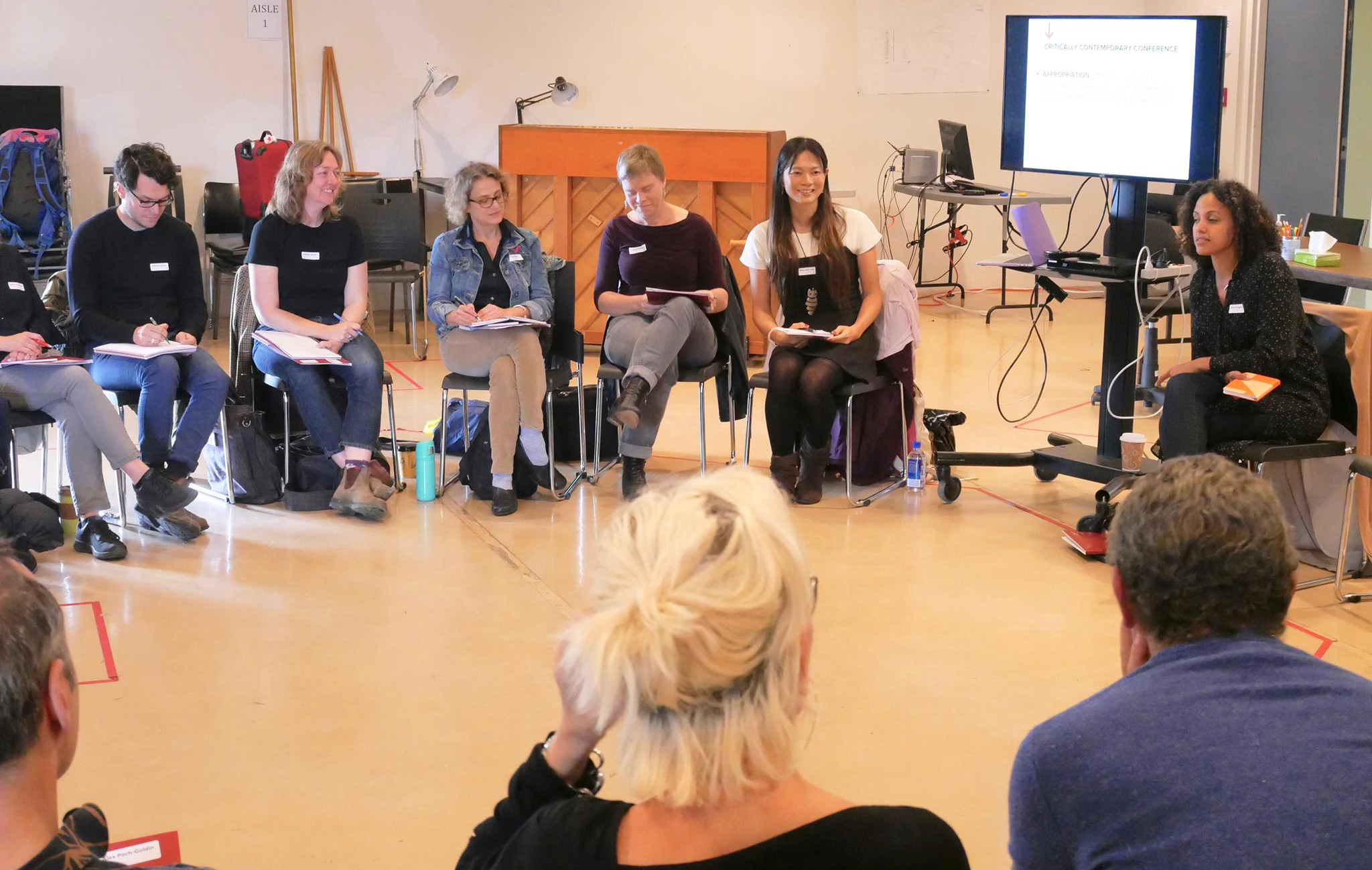
Online Courses
Fully asynchronous, online course with professionally filmed short lecture videos. Certified by the Quality Matters’s Distance Learning rubric and criteria. This course will utilize Alexa Alice Joubin’s open-access web-based textbook
Introduction to Critical Theory
Accredited asynchronous online course. Through the lens of social justice, this course introduces students to theories that are most relevant to our contemporary political and cultural life, such as critical race theory, ecocriticism, feminism, and queer and disability studies.
Synchronous, in-person, online course taught at Middlebury College Bred Loaf School of English, a summer MA program. Using critical race and gender theories, this seminar equips students with interpretive strategies and critical tools to de-colonize Shakespeare’s plays.
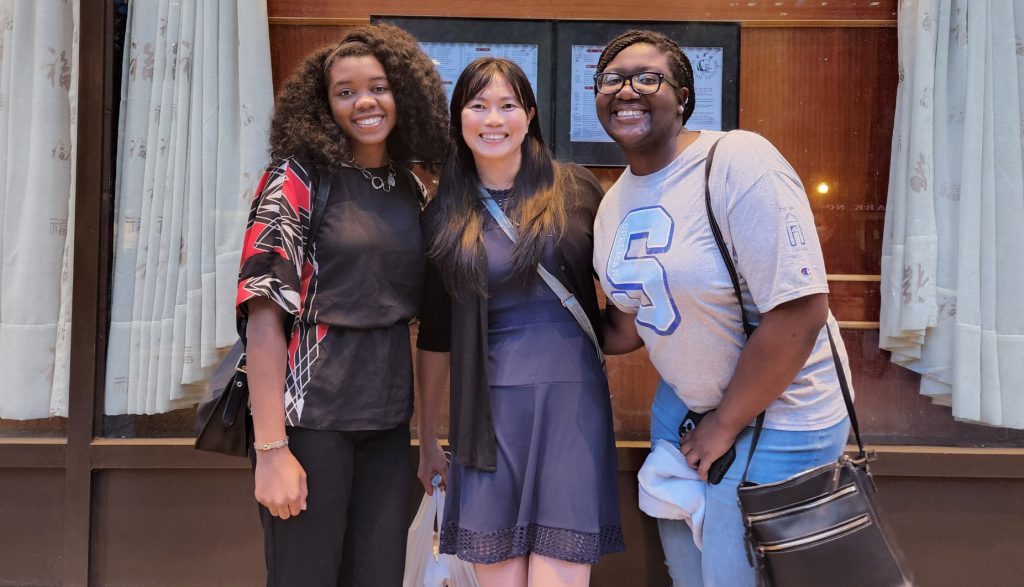
Undergraduate Courses
Capstone Seminar
Capstone Seminar
Undergraduate Seminar
Undergraduate Lecture Course
Pedagogical Resources
Pedagogical Tools for Inclusiveness and Openness, Alexa Alice Joubin at GWU Teaching Day
Gelman Library Room 218A, 1:15 pm on Thursday, October 6, 2022 :::: Lecture Slides
Screening Shakespeare, Open-Access Textbook by Alexa Alice Joubin
Openly-licensed learning modules that introduce students to key concepts of film studies, such as mise-en-scène, cinematography, and sound and music within the context of adaptations of Shakespeare’s plays. Read more about the project’s impact.
MIT Global Shakespeare, Open-Access Video Archive
Co-founded by Alexa Alice Joubin and Peter S. Donaldson
MIT Learning Module: Lear Is Here by Alexa Alice Joubin
This is the first of a series of media-rich online introductions to major international productions of Shakespeare’s plays for use in education and for the general public.
Study adaptations of select adaptations of Hamlet
Study adaptations of select adaptations of Much Ado About Nothing
Study adaptations of select adaptations of Othello
Study adaptations of select adaptations of The Tempest
Study adaptations of select adaptations of The Merchant of Venice
Study adaptations of select adaptations of King Lear
Shakespeare Survey 74 (2021): 15-29. Co-authored with Lisa Starks. This piece is written for college faculty.
Reimagining Shakespeare Education: Teaching and Learning through Collaboration (Cambridge University Press, 2023), 225-238
Teaching Ideas: Racist Misogyny in Science Fiction Films by Alexa Alice Joubin
The American Mosaic: The Asian American Experience (Bloomsbury ABC-CLIO, 2022). This illustrated article offers educators a roadmap to teaching science fiction films with a vocabulary accessible to high school and college students. Full Text here.

